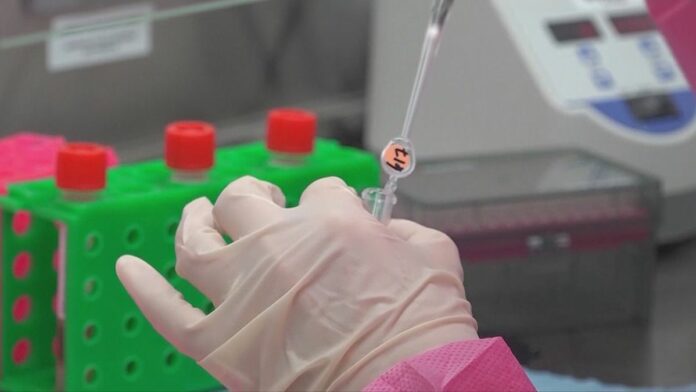By HNN Staff | August 3, 2020 at 11:18 AM HST – Updated August 3 at 11:44 AM
HONOLULU, Hawaii (HawaiiNewsNow) – Hawaii on Monday reported an alarming 207 new cases of COVID-19, another single-day record of new infections since the outbreak began.
Of the new cases, the vast majority —198 — were on Oahu, seven on Maui and two on Hawaii Island.
The state said approximately 114 of these cases are the result of delayed reporting over the weekend.
“It’s becoming increasingly more difficult to detail all of the situations in which people are becoming infected with coronavirus,” Health Director Bruce Anderson said, in a statement. “It runs the whole gamut of hanging out with close friends, socializing in bars, attending religious events and funerals, and many other types other social gatherings.”
In a news release Monday, the state pointed to crowded beaches as potential sources of outbreaks. On Maui, health investigations traced at least one case in a person who recently attended a “drum circle” at Makena Beach, or a group of roughly 100 people on the beach to watch the sunset and rising of the full moon.
No one was wearing a mask and it did not appear that people were practicing social distancing, the state said.
Anderson added, “Unfortunately, Hawaii is experiencing spikes in cases similar to many mainland states, and in most cases, we can track new infections back to those who have let down their guard. Everyone needs to take this very seriously.”
Officials reported 45 cases on Sunday and 87 on Saturday — both significant drops from the record-high triple-digit records set last week Wednesday, Thursday and Friday. That was due to delayed reporting over the weekend.
Meanwhile, Hawaii’s death toll stood at 26.
Gatherings have been limited to no more than 10 people on Kauai.
This story will be updated.
Copyright 2020 Hawaii News Now. All rights reserved.






